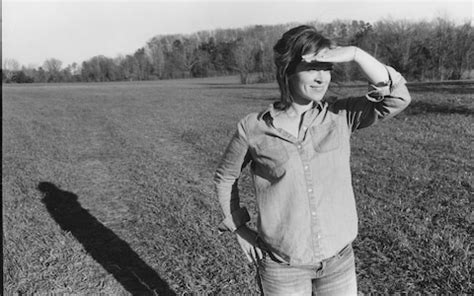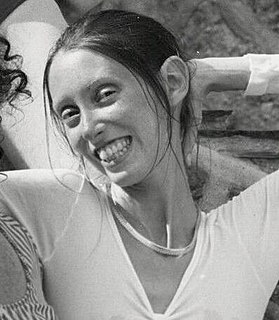A Quote by Michael Korda
I did meet Sen. Robert Kennedy, and it taught me something about political charisma.
Related Quotes
The challenge for me was not just the prosthetic work and how to move like an older man would move, but more so how to have 50 years of experience in the workplace and talk to a young Robert F. Kennedy as if he was some political upstart that didn't know what the hell he was talking about. That was the big challenge [in the J. Edgar Hoover m?vie].
To be sure, Kennedy did not discount the importance of words in rallying the nation to meet its foreign and domestic challenges. Winston Churchill's powerful exhortations during World War II set a standard he had long admired. Kennedy was hardly unmindful of how important a great inaugural address could be.
I was a trial lawyer. At the same time, I was a teacher. I taught about the political and social content of film for American University. Then I left and became a teacher at the University of California at Santa Cruz. I taught about the political and social content of film, but I also taught a course in law for undergraduates.






































